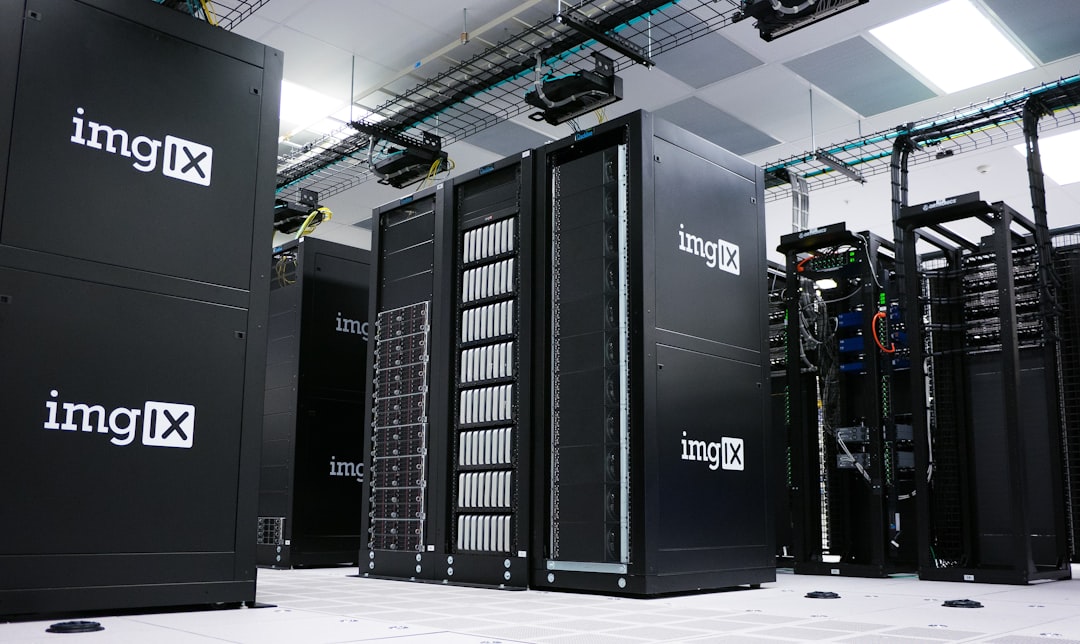ERP Solutions
Cloud, On-premise and Hybrid ERP
What is ERP?
ERP stands for Enterprise Resource Planning
What is the simplest ERP definition? Think about all the core processes needed to run a company: finance, HR, manufacturing, supply chain, services, procurement, and others. At its most basic level, ERP integrates these processes into a single system. But new ERP systems are anything but basic. They provide visibility, analytics, and efficiency across every aspect of a business. Using the latest technologies, ERP systems facilitate the flow of real-time information across departments, so businesses can make data-driven decisions and manage performance – live.
Why is ERP important?
An ERP system is made up of enterprise resource planning applications that talk to each other and share a database. This means you can eliminate information silos between departments and give everyone a single source of truth. Your system can automate your core business processes and help you ensure regulatory compliance, reduce risk, fast-track reporting – and so much more.

Cloud, On-premise and Hybrid ERP

There are three different types of ERP deployments – cloud, On-premise and hybrid.
Cloud ERP: Simplify your IT landscape – and take advantage of affordable subscription pricing – with cloud-based ERP (SaaS ERP).
On-Premise ERP: Run your enterprise resource management software behind your own firewall – for maximum flexibility and control.
Hybrid ERP: Run some of your ERP applications on premise, and some in the cloud – with hybrid ERP (also known as two-tier ERP).
Implementation
Tougher competition in the marketplace is generating the need to better optimize resources, improve profitability and keep customers satisfied. Companies are increasingly implementing Enterprise Resource Planning (ERP) software solutions to improve operations and provide faster customer response.
Choosing an ERP solution that meets your specific business requirements will enable you to have a smoother implementation. If the software package is written for your industry, you won’t have to custom design a solution. Customized solutions are time consuming to implement and add unnecessary cost. One of the top reasons ERP implementations fail is because the software doesn’t meet basic industry specific business requirements. However, purchasing an ERP application is only half the battle. A well designed implementation plan is the key to success.
Implementation is the realisation of a technical specification, and our skilled IT EPR Implantation team have extensive experience in delivering solutions in line with the technical designs to ensure that the installation meets the predefined business requirements.

Customisation
